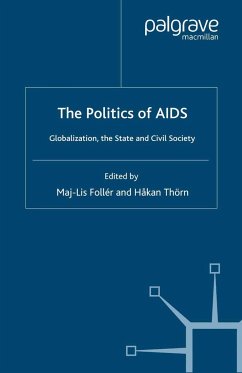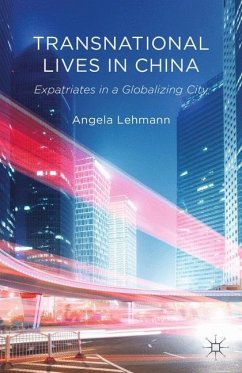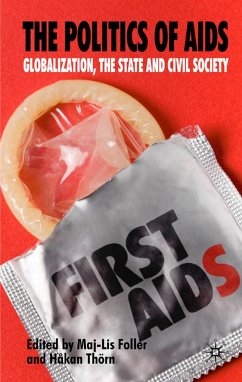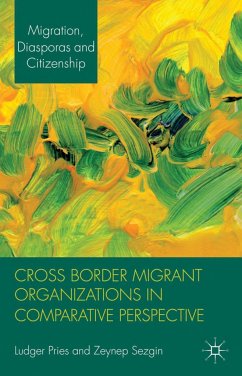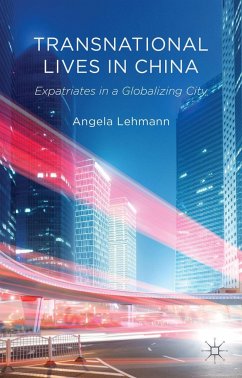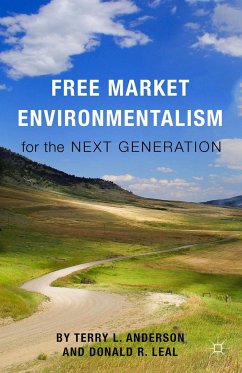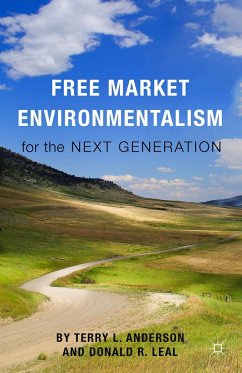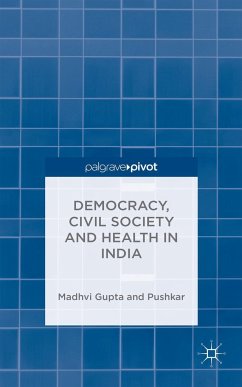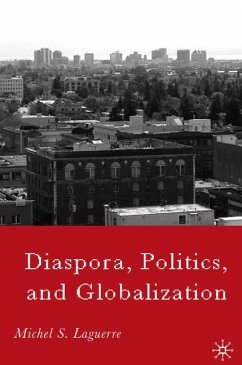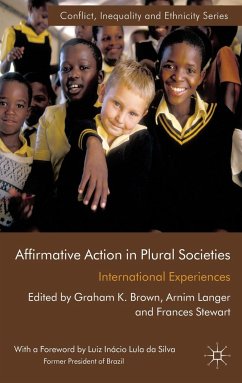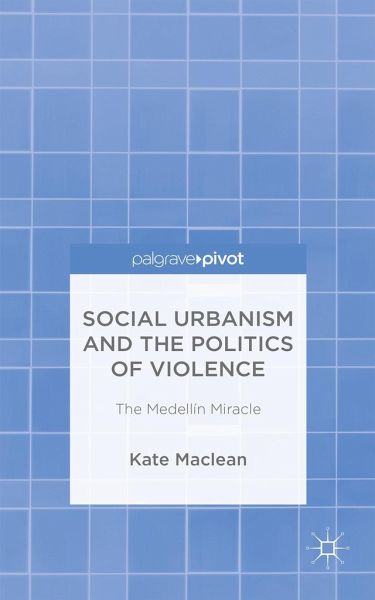
Social Urbanism and the Politics of Violence
The Medellín Miracle

PAYBACK Punkte
19 °P sammeln!
Medellín, Colombia, used to be the most violent city on earth, but in recent years, allegedly thanks to its 'social urbanism' approach to regeneration, it has experienced a sharp decline in violence. The author explores the politics behind this decline and the complex transformations in terms of urban development policies in Medellín.



